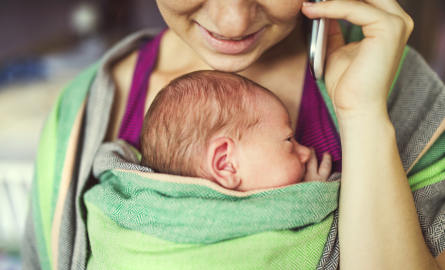If you or your child are having medical concerns, contact your health care provider or connect with a registered nurse at Health811. For medical emergencies, call 911 or visit the closest emergency room.
Support for Parents and Caregivers
We provide parenting support and a variety of positive parenting resources to help local parents, caregivers and their children thrive.
To speak to a nurse about pregnancy or parenting, contact the Family Health Information Line at 705-474-1400 ext. 5351, or email healthy.families@healthunit.ca.
Health Unit Resources |
Other Reliable Resources |
|
The Basics Nipissing-Parry Sound
The Basics are five science-based ways for parents and caregivers to support their child's development. They are meant for all children 0-5 years old.
- Maximize Love, Manage Stress
- Talk, Sing, and Point
- Count, Group, and Compare
- Explore Through Movement and Play
- Read and Discuss Stories
They are free and don’t require fancy toys or extra time. It’s about how you use the time you are already spending with your children during everyday routines.
Why do The Basics matter for children?
- 80% of brain growth happens in the first three years.
- The brain is 90% of adult size by age five.
- The Basics Principles encompass most of what experts say is important for development during the first years of a child’s life.
What is Basics Insights?
- A texting program for parents/caregivers with children between 0-3 years old.
- Designed to support your child’s growth and build your relationship.
- You will receive two texts a week:
- A science-based fact every Monday
- A fun activity to try every Wednesday
- Texts are personalized to your child’s age.
Visit our Basics Insights page to sign up today!
Who runs The Basics Nipissing-Parry Sound?
The Basics Nipissing-Parry Sound is a region-wide initiative run by a coalition of local organizations, including the Health Unit. Community partners across the region also support the movement and share The Basics with families. Learn more at TheBasicsNPS.org.






.png)